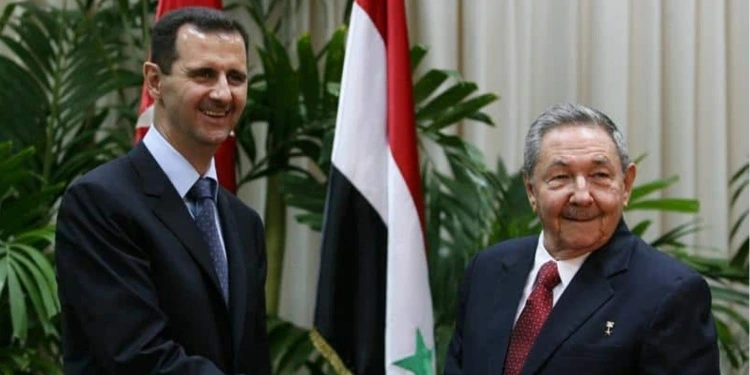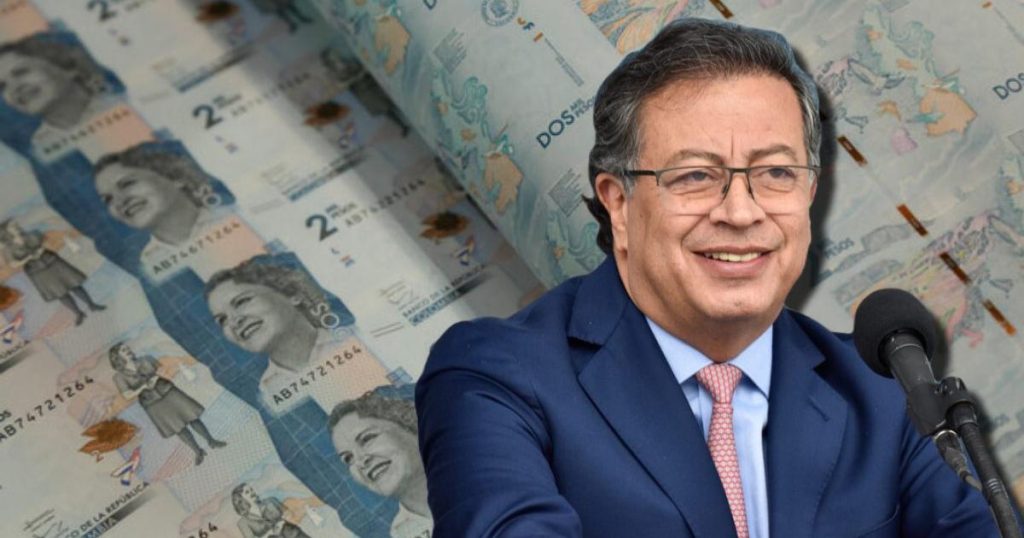HAVANA, Cuba.- Last Sunday the 2nd it was learned that the city of Aleppo, the most populated in Syria, had fallen into the hands of the rebels opposed to the dictator Bashar Al-Assad. There were few who, upon hearing the news, suspected how close the overthrow of the regime of oppression, crime, emigration and civil war that maintained such a disastrous character in the ancient country of the Levant was.
But, from that date on, the information about the impetuous advance of the rebel forces and their arrival in other important population centers did not stop. In the case of Hama, classified as the fourth city in the country, its fall last Thursday was a pretext for the regime’s military spokesmen to assure that its withdrawal represented “a temporary tactical measure” and that it obeyed the purpose of “avoiding endangering the life of civilians.”
Then Homs, the third Syrian city, followed in turn and, hours later, the capital itself, the ancient Damascus. By the way, it is worth noting that, at least in the case of Hama, the Chavista station TeleSur did not refrain from repeating the ridiculous official version: that his abandonment by the forces of regime It was due to his concern for the well-being and physical integrity of non-combatants… And this is said of a dictatorship that, with its brutal repression, is estimated to have caused no less than half a million deaths!
This Sunday, the same chatterboxes at the service of Nicolás Maduro, already forced to recognize the escape of the dictator El-Assad and the overthrow of his oppressive regime, displayed on their screens an anthological headline: “Syria: Terrorists take power.” No, Chavista gentlemen! The biggest terrorists of the former country of the Levant were precisely Mr. El-Assad and his repressors!
But that is the attitude that the agitation apparatuses at the service of authoritarian regimes usually assume when faced with the overthrow of their counterparts in other countries, especially when they have maintained alliance relations with them. Although it must be recognized that, on the Castro side, there has been a little more moderation: CubadebateFor example, when reporting on the arrival of the fugitive dictator in Moscow, he points out: “he fell and he fled the country, leaving behind a legacy of destruction and suffering” (although it is worth clarifying that this last statement is put into the mouths of “the militias ” who overthrew him).
Globally, political reactions have welcomed the important event. In France, the former colonial power, the president Emmanuel Macron he praised the fall of what he called a “state of barbarism.”
The new head of foreign policy of the European Union (EU), Kaja Kallasdescribed the overthrow of dictator El-Assad as a “positive and expected development,” and commented that the event “shows the weakness of Russia and Iran.” And Annalena Baerbock, German Foreign Minister, described what happened as “a great relief for millions of people in Syria.”
In the powers most directly involved in the situation, a positive reaction has also been observed. The Israeli Prime Minister, Benjamin Netanyahuhad an idea that does not seem to be the happiest: to address the issue in the Golan Heights, a Syrian territory occupied by troops from his country. In any case, he assured this Sunday that it was “a historic day in the Middle East.”
In the United States, President Biden, according to APdescribed the fall of the Syrian dictatorial regime as a “fundamental act of justice,” but also described the current moment as “one of risk and uncertainty” for the Middle East. Likewise, he attributed what happened “to the action of the United States and its allies to weaken the supporters of Syria – Russia, Iran and Hezbollah.” “For the first time,” he said, those forces “could no longer defend Assad’s grip on power.”
But of course, much more important than what the representatives of prestigious world powers can say about it, we should pay attention to what the same insurgents do who, with an offensive lasting just over a week, managed to oust one of the most ferocious and criminal dictatorial regimes in the entire world.
The main insurgent leader, Abu Mohammed Al-Julani, has decided to return to his real name: Ahmed Al-Sharaa. Throughout his career, he was linked to alliances such as Al-Qaeda and the so-called “Islamic State” (IS). It is also true that years ago he reported his break with those forces of Muslim jihadism.
Ultimately, he united his group with other Syrian rebel forces to form the Levant Liberation Organization, better known by the acronym HTS, which corresponds to its Arabic name: Hayat Tahrir al Sham. According to BBC World, That force “imposes Islamic law in the areas it controls, but does so in a substantially less strict manner than other jihadist groups.” The latter “have criticized him for considering him too moderate.”
The first words spoken by the new leader of the Levantine country in the historic Umayyad mosque well deserve the description of conciliatory. It remains to be seen if, as he proclaimed, his actions are truly aimed at “building together a Syria that lives up to the sacrifices of its people.” Hopefully! In any case, it is very difficult for his government to be worse than the one established for decades by the murderous Assad dynasty.
Although the circumstances in both countries are very different, it is clear that we Cubans, who have suffered for almost 66 years under the Castro dictatorship, are filled with joy to see the fall of another dynasty (in their case, father and son). son) whose mortal dominion also extended for decades, although a few less.















